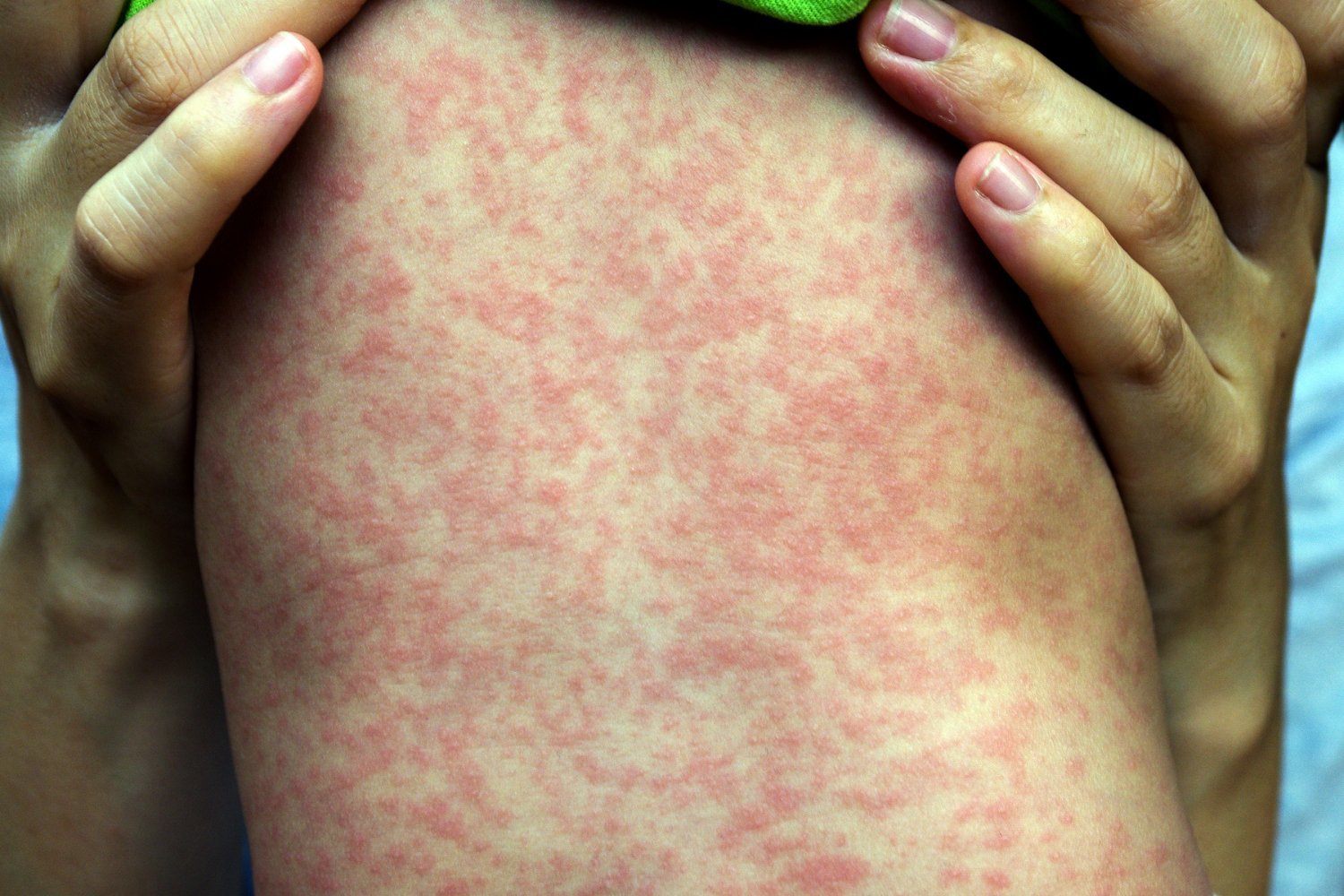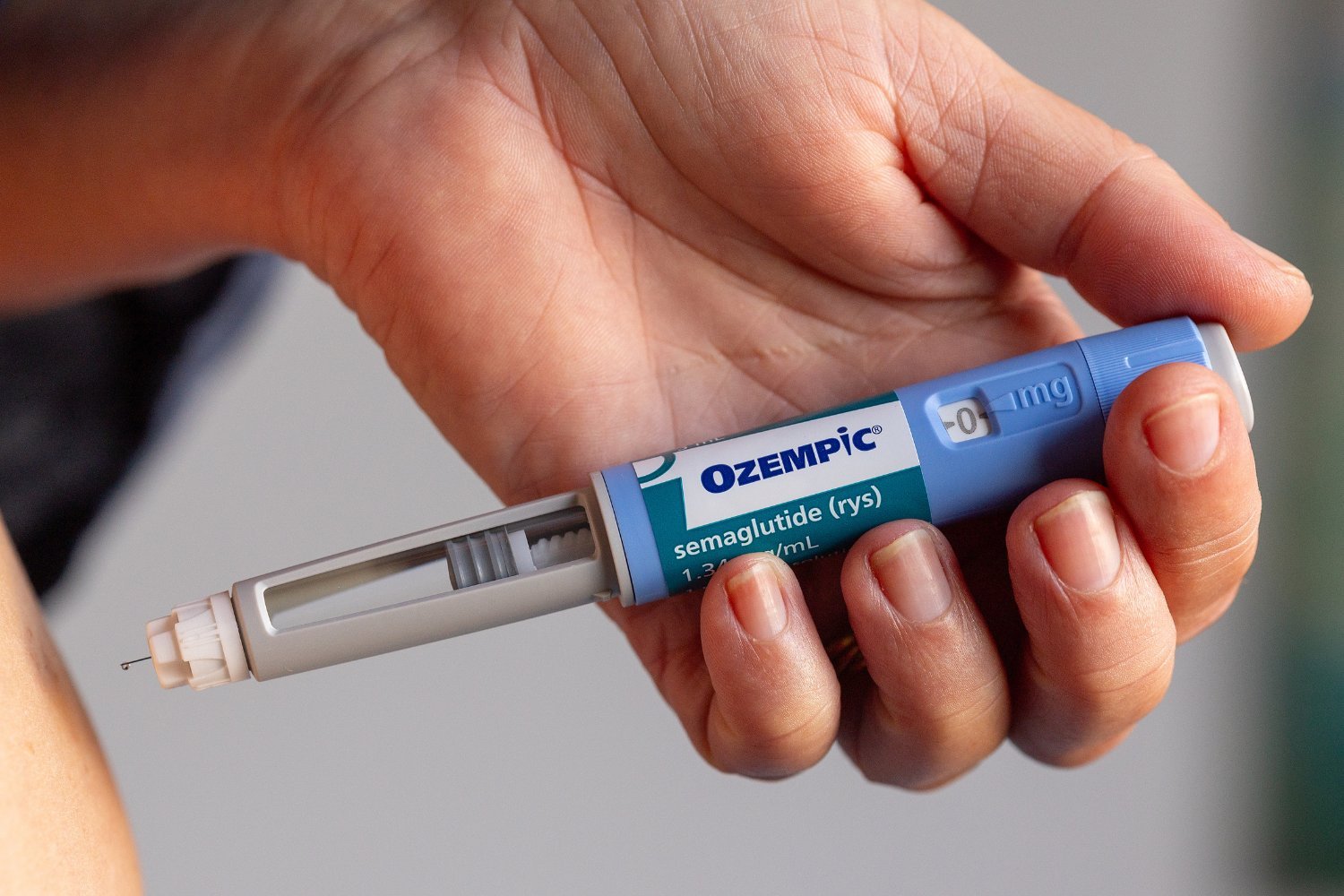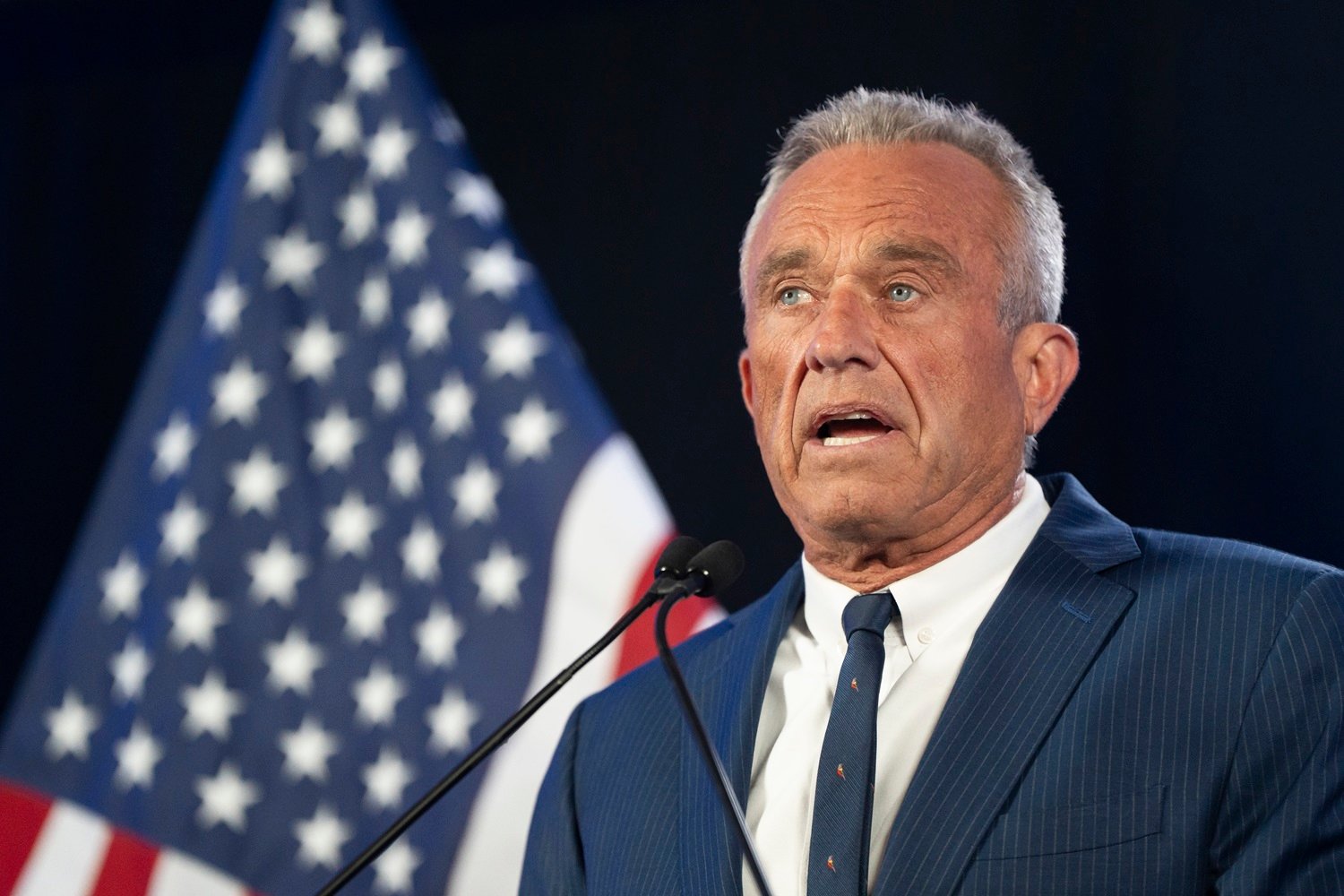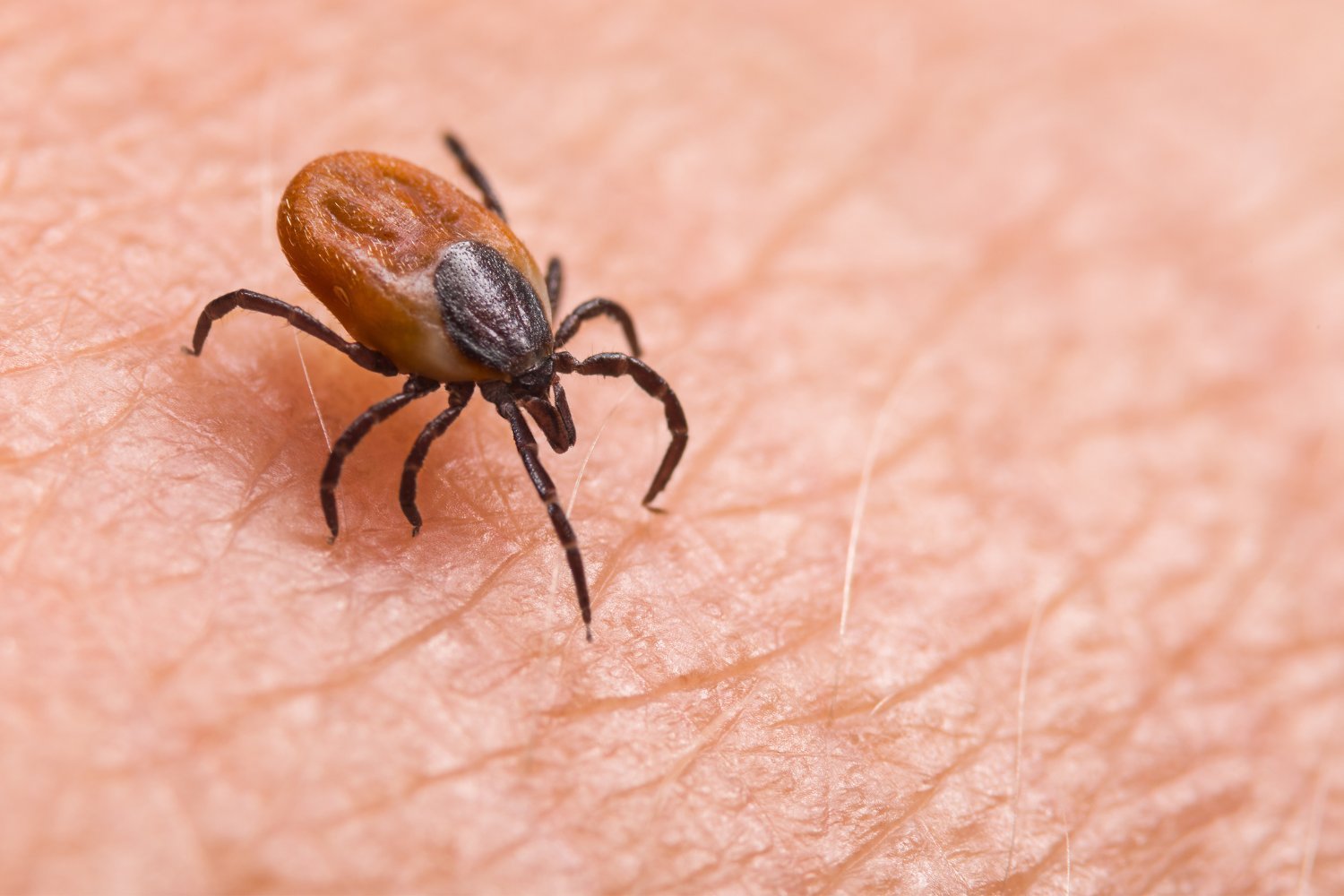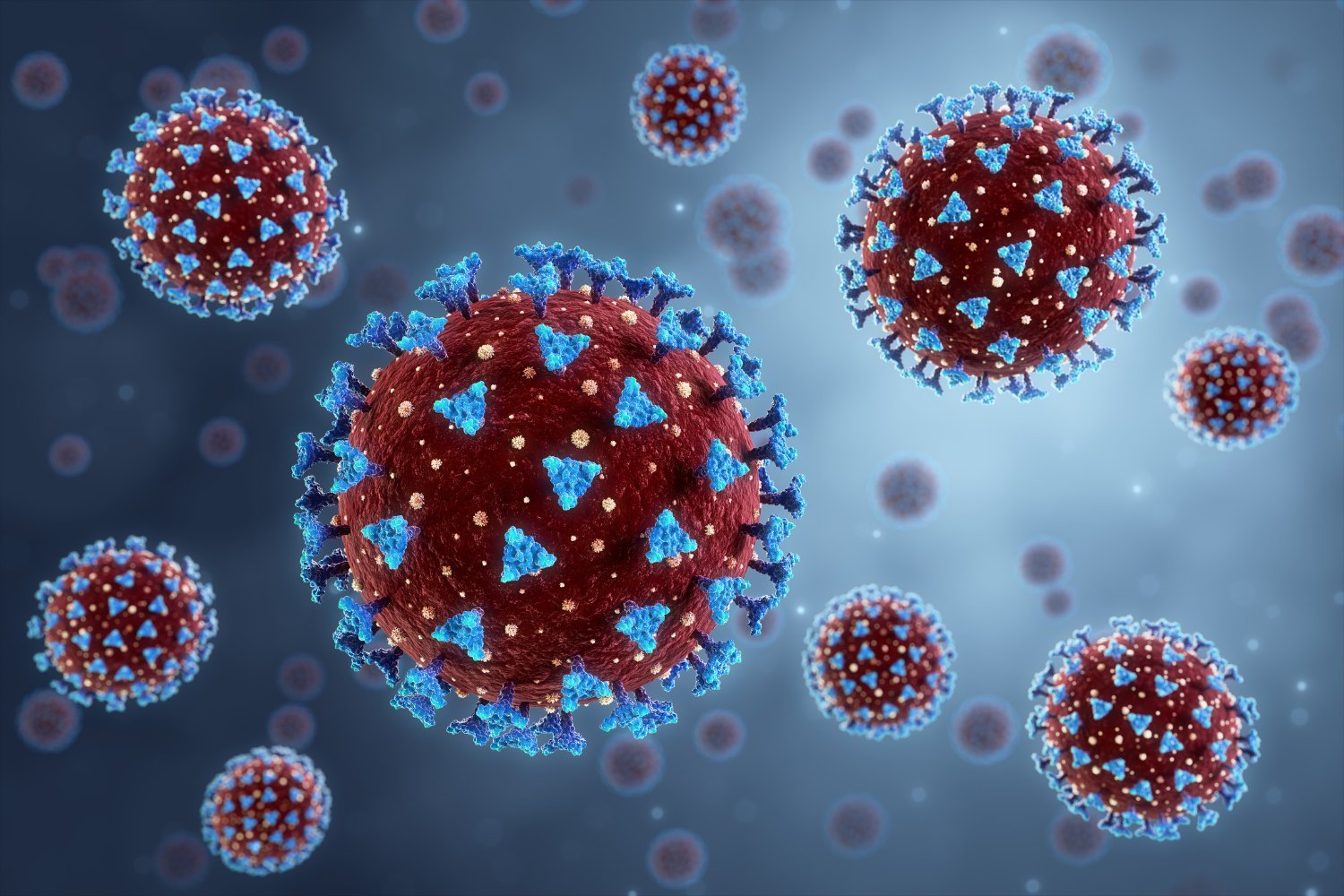The Texas Department of State Health Services (DSHS) is grappling with a measles outbreak that began in mid-January 2025, primarily affecting children and teenagers in the rural South Plains region of West Texas. While 48 cases have been officially reported in the past three weeks, health officials estimate the actual number of infections could be significantly higher, potentially reaching 200 to 300 individuals.
Measles: A Highly Contagious Disease
Measles, a highly contagious viral illness, typically presents with fever, a characteristic rash, cough, and watery eyes. While most people recover, measles can be particularly dangerous for young children. Furthermore, recent studies suggest that a measles infection can weaken the immune system, increasing susceptibility to other illnesses. This “immune amnesia” can leave individuals vulnerable to subsequent infections.
Outbreak Concentrated in Unvaccinated Community
All confirmed cases in the Texas outbreak involve unvaccinated individuals or those with unknown vaccination status, primarily within a rural Mennonite community. DSHS spokesperson Lara Anton clarified that the lower vaccination rate within this community stems from personal choices regarding healthcare, rather than a specific religious objection from church leaders. “It’s all personal choice,” Anton told the Associated Press. “It’s just that the community doesn’t go and get regular health care.”
Vaccination Rates and Herd Immunity
Measles was declared eliminated in the U.S. over two decades ago. However, outbreaks can still occur, especially in communities with vaccination rates below the herd immunity threshold of approximately 94%. This high threshold is necessary due to the virus’s extreme contagiousness. The current outbreak underscores the importance of maintaining high vaccination coverage to prevent the resurgence of this preventable disease.
Global Measles Resurgence
Globally, measles cases are on the rise. The World Health Organization reported an estimated 10 million cases and over 100,000 deaths in 2023, a 20% increase from the previous year. This highlights the ongoing global challenge of ensuring adequate measles vaccination coverage.
US Vaccination Rates and Concerns
While measles vaccination rates in the U.S. remain relatively high, around 93% for school-age children as of the 2022/2023 school year, there has been a slight decline in recent years. This dip coincides with growing vaccine hesitancy fueled by the anti-vaccination movement, raising concerns about the potential for future outbreaks. The appointment of Robert F. Kennedy Jr., a known vaccine skeptic, to the directorship of the U.S. Department of Health and Human Services further amplifies these concerns, given his history of spreading misinformation about vaccine safety.
The Future of Measles Prevention
The Texas measles outbreak serves as a stark reminder of the importance of vaccination in protecting communities from preventable diseases. The rising global measles cases, coupled with declining vaccine confidence in some segments of the U.S. population, raise concerns about the potential for future outbreaks. Continued efforts to promote vaccination and combat misinformation are crucial to maintaining public health and preventing the resurgence of measles.



